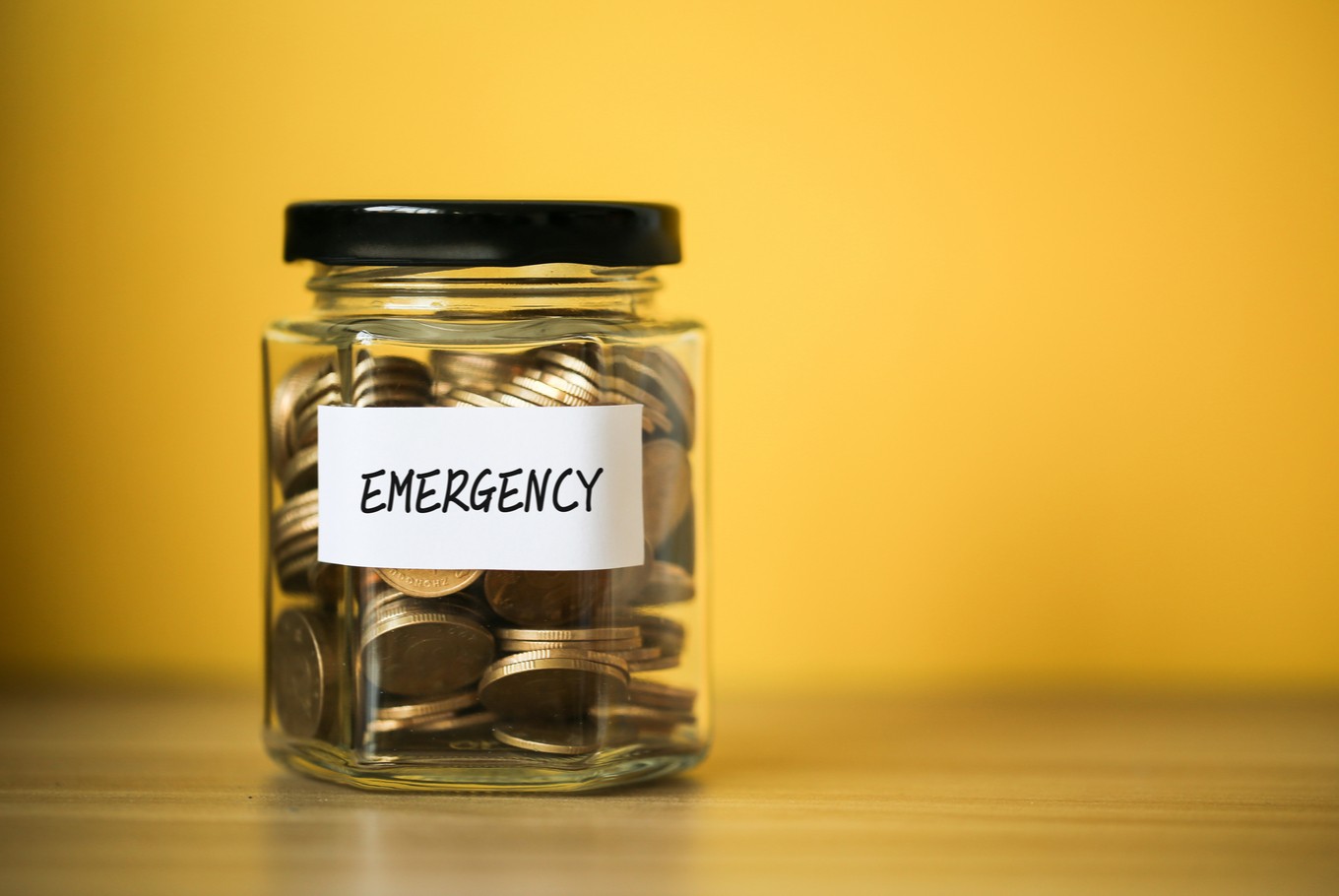Popular Reads
Top Results
Can't find what you're looking for?
View all search resultsPopular Reads
Top Results
Can't find what you're looking for?
View all search resultsCash is king: Indonesians withhold spending, augment emergency funds
People are becoming increasingly cautious about spending as they prepare for the possibility that the pandemic will have a long-term impact on their finances.
Change text size
Gift Premium Articles
to Anyone
P
eople are becoming increasingly cautious about spending as they prepare for the possibility that the pandemic will have a long-term impact on their finances. Many have opted to allocate more money for emergency funds.
English teacher Norma Solikhah, 28, and her husband are one example. They decided to cancel their planned purchase of new furniture and have delayed plans for vacations to have more cash for emergency needs. They have cooked meals at home every day since the work-from-home policy began in March, and they have bought essential items online at lower prices.
Read also: Investors turn to government bonds amid market uncertainty
“We try to be as budget-wise as possible to continue paying our mortgage, and we’re also delaying applying for a loan restructuring policy from the bank,” said Norma, whose family is based in Jakarta.
“The last time I topped up GoPay and OVO before Eid was in March, which means I almost never took a ride or ordered food from online applications during quarantine.” Norma added that she would continue to spend smart, at least until there was a significant decline in cases or a vaccine became available.
Consumer spending, which accounts for nearly 60 percent of Indonesia’s GDP, is expected to contract this year to the lowest level in decades, economists predict. Consumer confidence nosedived to at least a 12 year low, according to Bank Indonesia’s (BI) consumer confidence index (IKK) survey in April.
Center of Reform on Economics (CORE) director Mohammad Faisal predicted that consumer spending would contract in the second quarter. Consumer spending growth slowed down markedly in the first quarter to 2.84 percent year-on-year (yoy), a far cry from the 5.01 percent growth over the same period last year.
Read also: Ultra-rich to place more funds in banks amid liquidity crunch: Economists
Consumer spending in the lower-middle-income segment of society is greatly depressed at present because millions of people have lost their jobs, Faisal said. Meanwhile, the middle to upper income segments have tended to delay nonessential purchases and investment because of the uncertain and volatile economic conditions, he added.
Approximately 115 million Indonesians, or 45 percent of the country’s population, have yet to achieve economic security and the lifestyle of the middle class, according to a World Bank report titled Aspiring Indonesia – Expanding the Middle Class.
“There is high uncertainty at this moment, and it makes people think they need to be careful in spending money. Instead of [spending] on investment and holidays, many people are saving more money for survival,” said Faisal.
The latest consumer confidence survey by Nielsen Research also indicated that in the first quarter of 2020 Indonesian consumers had significantly reduced their spending on holidays from 42 percent in the previous quarter to 36 percent. Consumers also reduced investment in stocks and mutual funds to 34 percent, down from 46 percent in the fourth quarter of 2019.
Ester Christine Natalia, 26, who lives in Tangerang with her husband, has decided to reallocate the funds the family usually used for investment in mutual funds for a cash emergency fund.
“Because it is more liquid and safe,” said Ester. “In a crisis like this, cash will always be king.”
Private sector employee Rizki Amalia, 26, has also opted to hold more cash in an emergency fund for her parents instead of spending it.
Read also: Retail investors growing as brokerages intensify online access
“Initially, I made a savings account for a holiday plan in 2021, but then I shifted the savings account to an emergency fund for my parents. In this situation, we will never know what the future will hold, so the increased emergency fund is the best decision,” said Rizki, who lives in Jakarta.
Nielsen Research also found that 23 percent of respondents were concerned about health, up significantly from 14 percent in the fourth quarter of last year.
“When the survey was conducted, COVID-19 had not affected Indonesian consumers’ optimism. Even though it was not yet announced as a pandemic by the WHO, it had already affected consumers’ concerns about health,” said Nielsen Connect Indonesia managing director Indrasend Patmawidjaja.










